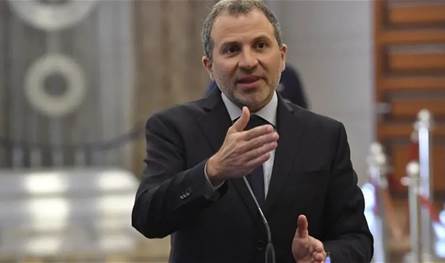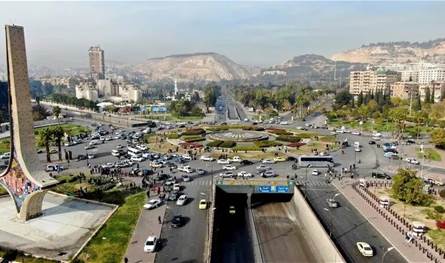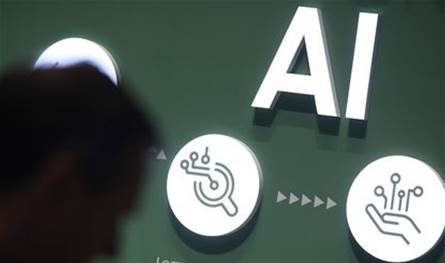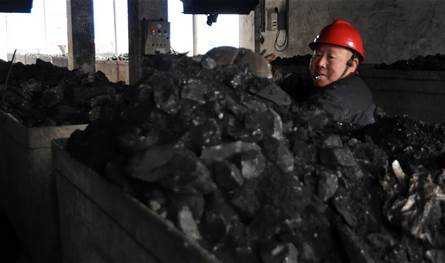Al -Barajneh Tower .. a camp on one foot
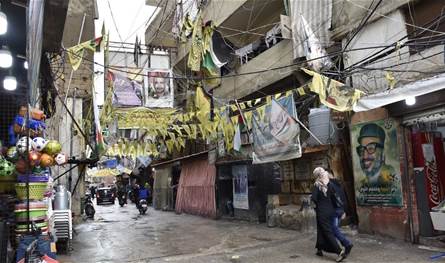
In the tight alleys of Al -Barajneh Tower, poverty is not an event but a livelihood: wet rooms over small stores, electricity and overlapping water, and families operating “piece” to secure one day. Any imbalance in a basic service that drops a piece of fragile balance based on aid, temporary function, and the debt notebook in the shop.
Reducing the “UNRWA” programs does not extinguish an extra luxury, but rather strikes the nerves of daily life. Schools reduce their permanence or cadres; Initial clinics reduce the baskets of medicine; Cash aid is cut off. The impact can be measured quickly: a growing school leakage, minors belong to an unimportant labor market, and a health invoice that has no place in families’ budgets. The international estimates have been talking since last year about the widespread fragility of the Palestinian refugees in Lebanon, while the general Lebanese collapse increased pressure and raised the cost of each detail of rent, transportation and food.
Unemployment alone is not what makes poverty in the camp. Legal and professional restrictions that narrow dozens of professions and prevent ownership remains the majority in highly fragile work and wage. In practice, an internal economy is based on short diaries, light maintenance, in installments, and family solidarity networks; Every increase in the price of the drug or gasoline disrupts the entire course: consumption decreases, the movement of the shops declines, and the dependence on debt and sale increases for the sake.
As cash aid stops and the food baskets decline, families entered a daily race with the basics: rents for three and four months, debt notebooks in shops reach their maximum limits, reduce the number of meals or replace protein with cheaper carbohydrates, reduce infant formula with water, and postpone the purchase of chronic medications except at emergency. Electricity interruption is damaged by food, and special water tanks raise their prices with the heat intensification. In clinics, longer queues and patients return without medicine; In homes, tension is intensified under the pressure of need. These are not easy to pass indicators: the risk of malnutrition on children and the elderly, and a healthy deterioration that later costs than the legalization policies today.
Healthy, primary care clinics, inside the camp, control chronic diseases and secure vaccines, but the interruption of the drug or its deficiency raises the invisible costs: exacerbation of cases, repeated emergencies, and small debts accumulate. In a crowded housing environment and bright infrastructure, interlocking wires and old water networks, the risks turn into an urgent structure.
On the security prank, Palestinian factions handed over part of the weapon to the army in the Burj Al -Barajneh as part of the “exclusive weapon” path. A clear security political step, but it does not change the life equation: organizing the security scene does not fill the school’s vacuum, clinic and aid. Here the contrast is evident: a security action in public, and an escalating poverty in the shade. With the continued pressure of living, harsh adaptation patterns are advanced: women lengthening working hours, minors looking for fragile diaries, and patients who postpone treatment until it becomes emergency.
The bottom line is that the camp stands today on one foot: security is re -arranged, while the social bond is declining. The debate is not related to adopting a specific political narrative, but rather a simple material reality: without a minimum stable education, medicine and basic assistance, any fragile security progress will remain on a living ground that erodes. The result, as the people of the place read, are that their priority is not the terms, but rather one direct question: How do we live next week?
The post Al -Barajneh Tower .. a camp on one foot appeared first on 961 tobay Lebanon today.




